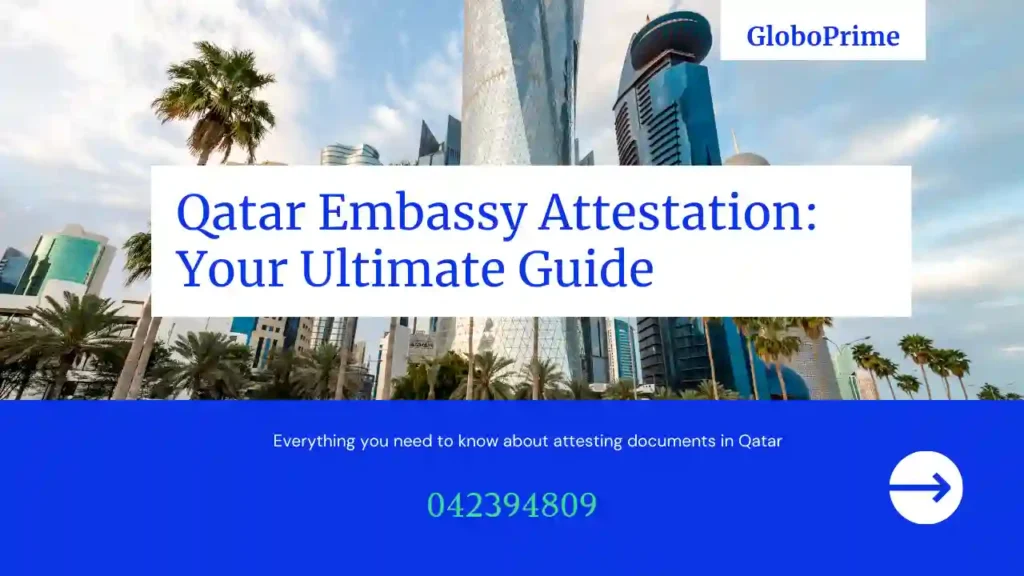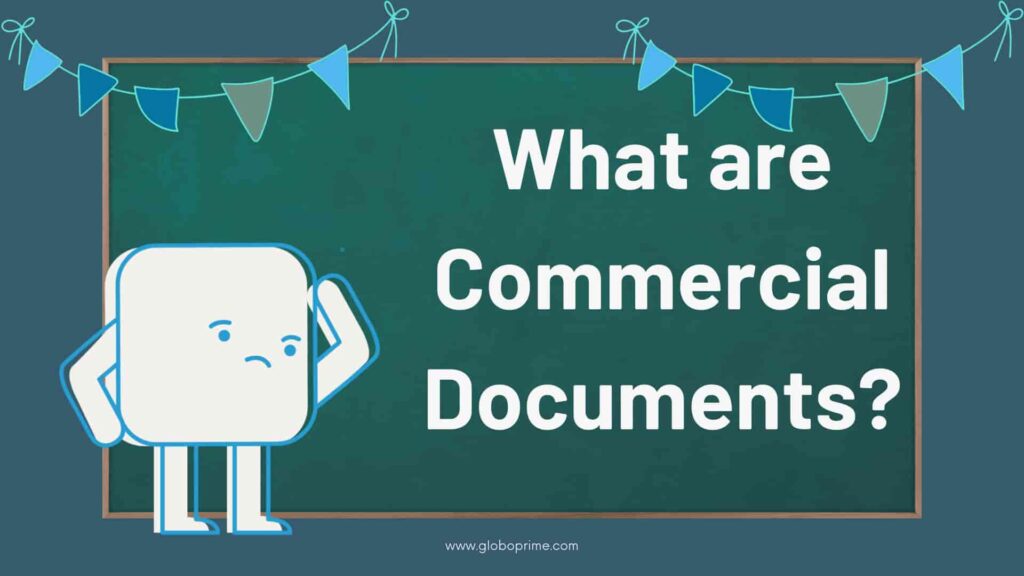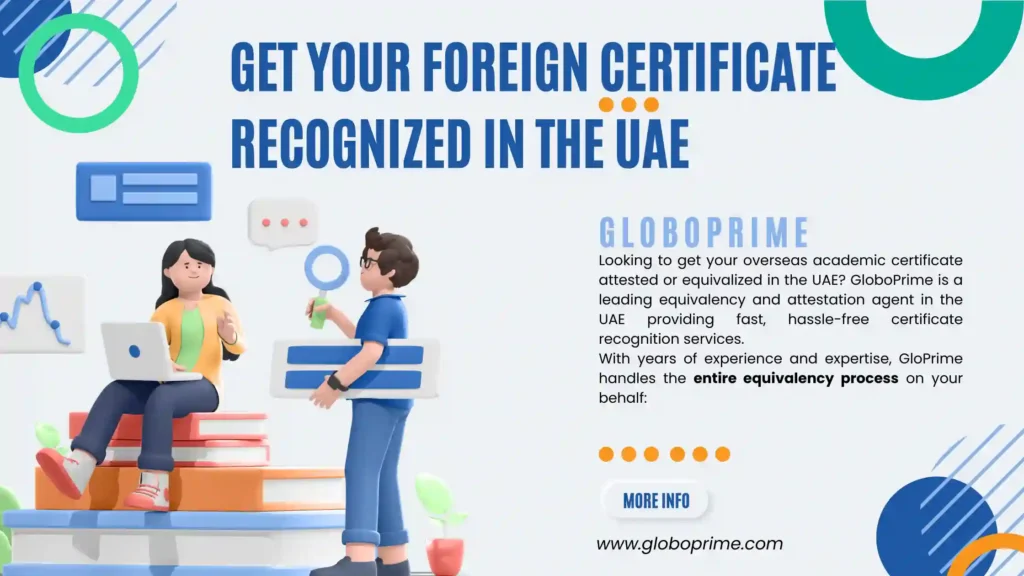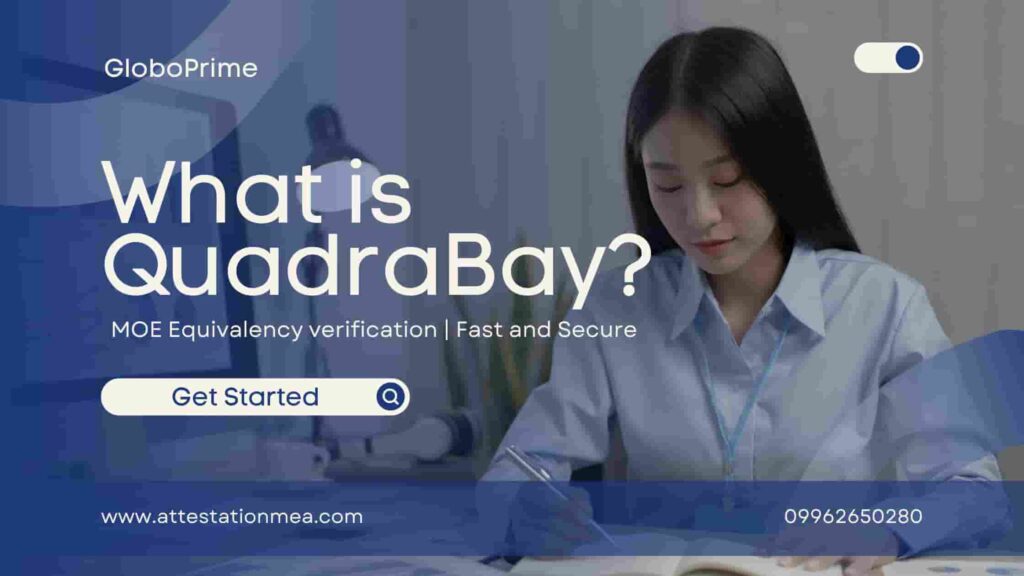In an era of global mobility and expanding career horizons, professionals often find themselves navigating the complexities of international recognition for their educational qualifications. Chennai, a dynamic city in India, serves as a vital hub for hHuman rResource dDevelopment (HRD) attestation services, playing a pivotal role in accelerating the professional journey of individuals seeking global opportunities. Let’s delveThis article delves into the significance of HRD attestation in Chennai, elucidating its processes, benefits, and the transformative impact it has on
Understanding the Significance of HRD Attestation
1.Global Recognition:
HRD attestation serves as a gateway to global recognition for educational qualifications. In an increasingly interconnected world, attested documents hold immense value, enabling professionals to pursue career opportunities abroad with confidence.
2.Career Advancement:
For professionals aspiring to work in foreign countries or multinational corporations, HRD attestation is essential. It validates the authenticity of educational credentials, opening doors to higher positions, better salaries, and diverse career opportunities on the global stage.
3.Compliance Requirement:
Many countries mandate HRD attestation as part of their visa and work permit processes.HRD attestation in Chennaiservices ensuresensure that professionals meet these compliance requirements, facilitating smooth transitions into international work environments.
The HRD Attestation Process in Chennai: A Step-by-Step Guide
1.Document Verification:
The journey commences with document verification by the respective educational institution or board. This step ensures the authenticity of educational credentials, laying the foundation for subsequent attestation processes.
2.State HRD Attestation:
Following document verification, the document proceeds to the respective state’s Human Resource Development (HRD) departmentHuman Resource Development (HRD) department of the respective state. In Chennai, this crucial step involves the validation of educational qualifications by state authorities.
3.MEA (Ministry of External Affairs) Attestation:
Post-state attestation, the document advances to the Ministry of External Affairs (MEA) in New Delhi. The MEA’s endorsement adds federal validation, confirming the document’s authenticity for international use.
4.Embassy Attestation:
The final stage involves attesting the document at the embassy or consulate of the destination country. This step is imperative for gaining recognition and acceptance of educational qualifications in the specific foreign jurisdiction.
Benefits of HRD Attestation Services in Chennai
1.Expert Guidance:
Service related to HRD attestation in Chennai services offer expert guidance throughout the attestation process. Professionals can rely on the expertise of service providers to navigate complex procedures and requirements, ensuring a seamless experience.
2.Timely Processing:
Efficiency is a hallmark of HRD attestation services in Chennai. The city’s streamlined processes and dedicated personnel ensure the timely processing of documents, enabling professionals to meet deadlines and pursue international opportunities without delay.
3.Comprehensive Solutions:
Chennai’s HRD attestation services offer comprehensive solutions, covering all aspects of the attestation process. From document verification to embassy attestation, professionals can avail themselves of end-to-end services, minimizing the hassle and complexity of the process.
Challenges in HRD Attestation
1.Document Verification Delays:
Occasionally, delays may occur during the document verification process. Chennai’s service providers proactively address these delays, maintaining regular communication with educational institutions and expediting the verification process.
2.Country-Specific Requirements:
Different countries may have specific requirements for HRD attestation. Chennai’s experts provide tailored guidance, ensuring that professionals adhere to the specific requirements of the destination country, thereby avoiding potential complications.
3.Document Authenticity Assurance:
Ensuring the authenticity of documents is paramount in HRD attestation. Chennai’s service providers prioritize document verification and authentication, offering professionals peace of mind regarding the legitimacy of their educational qualifications.
Overcoming Challenges with Chennai’s HRD Attestation Services
1.Proactive Communication:
HRD attestation in Chennai services prioritizes proactive communication to address any challenges that may arise during the process. By keeping professionals informed about the status of their documents and potential delays, service providers ensure transparency and build trust.
2.Tailored Solutions:
Understanding that each professional’s journey is unique, Chennai’s HRD attestation services offer tailored solutions to address specific challenges. Whether it’s navigating complex documentation requirements or overcoming verification delays, service providers customize their approach to meet individual needs.
3.Expedited Processing:
Recognizing the time-sensitive nature of international opportunities, Chennai’s service providers expedite the processing of documents whenever possible. By leveraging their expertise and relationships with relevant authorities, they ensure that professionals meet their deadlines and seize global opportunities without delay.
Digital Transformation in HRD Attestation: Chennai’s Forward-Thinking Approach
1.Online Document Submission:
Chennai’s HRD attestation services are embracing digital transformation by offering online document submission options. This not only reduces the need for physical visits but also streamlines the initial stages of the attestation process, making it more convenient for professionals.
2.E-Tracking Systems:
Digital tracking systems allow professionals to monitor the progress of their document authentication in real-time. Chennai’s service providers implement robust e-tracking systems, providing transparency and visibility throughout the attestation journey.
3.Virtual Consultations:
In response to the increasing demand for remote services, Chennai’s HRD attestation services offer virtual consultations. Professionals can seek guidance and clarification on attestation procedures from anywhere in the world, ensuring accessibility and convenience.
Conclusion:
Empowering Professional Growth with HRD Attestation in Chennai
“Accelerate Your Professional Journey: HRD Attestation in Chennai” encapsulates the city’s pivotal role in empowering professionals for global success. Chennai’s HRD attestation services serve as catalysts for career advancement, facilitating international recognition of educational qualifications and unlocking diverse opportunities on the global stage.
As professionals navigate their professional journeys, Chennai stands as a trusted partner, providing efficient, reliable, and comprehensive HRD attestation solutions. By streamlining the attestation process, offering expert guidance, and ensuring compliance with international requirements, Chennai empowers professionals to accelerate their careers and realize their aspirations in a globalized world. Embrace the transformative power of HRD attestation in Chennai and embark on a journey of professional growth and achievement without boundaries.
For More Information Visit Our Website Or Contact Us At: 9176696833. To enjoy prompt, reliable, and accredited HRD attestation in Chennai, schedule an appointment at 9176-6968-33.











